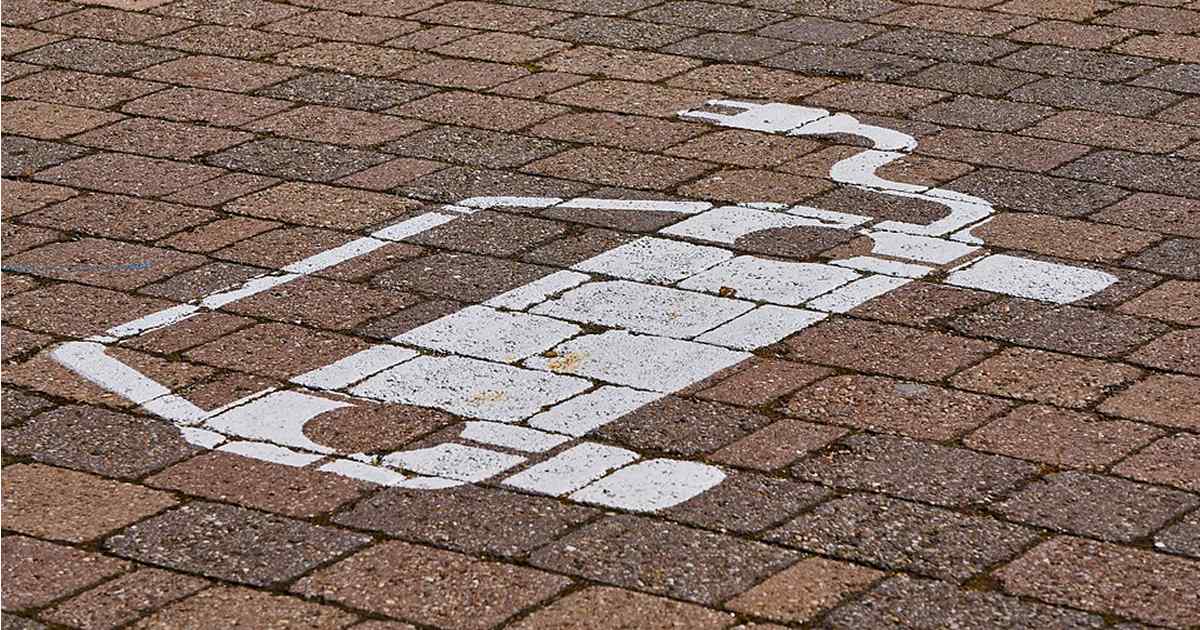
There wasn’t a great deal of fanfare, but legislation to repeal SA’s electric vehicle taxed passed the Upper House last week.
Back in 2020, then-SA Treasurer Rob Lucas revealed the Marshall Government’s intention of introducing a road user charge for plug-in electric and other zero emission vehicles. Initially, it was to include a fixed component and a variable charge based on distance travelled.
The revelation wasn’t well-received.
South Australia’s EV tax was originally to come into effect on July 1, 2022. But given the backlash the start date was pushed out to July 1, 2027, or when EV uptake hit 30 per cent. The charge would have kicked in at 2.5 cents per kilometre.
Making good on an election commitment, in May last year the Malinauskas Labor Government introduced legislation to abolish the road user charge. At the time, SA Minister for Transport and Infrastructure Tom Koutsantonis said:
“The feedback we received from the community was overwhelming, the Liberals’ decision to introduce this tax would have reduced community uptake.”
On Wednesday evening, the Motor Vehicles (Electric Vehicle Levy) Amendment Repeal Bill 2022 passed the Upper House. Commenting on its passage, Minister Koutsantonis stated:
“South Australians want to see their State Government incentivising the take-up of electric vehicles, not slugging users with extra costs.”
EV Incentives In South Australia
And on that note, there’s a $3,000 rebate and a 3-year registration exemption up for grabs in South Australia for eligible new battery electric and hydrogen fuel cell vehicles. 7,000 of these subsidies were announced by the Marshall Government back in late 2021. Thankfully, unlike the home battery subsidy axed by the Malinauskas Government, it chose to keep the EV subsidy going. But it also axed the Electric Vehicle Smart Charging Subsidy.
Among the eligibility criteria for the EV rebate, vehicles must be valued below a price cap of $68,750 (inclusive of GST). Further terms and conditions for the subsidy can be viewed here.
As at 23 January 2023, there were still 6,400 electric vehicle subsidies remaining. Last month, there were 242 electric vehicle sales in South Australia, up from just 32 in the same month in 2022.
For information on EV (and solar/battery) incentives in each state and territory, check out SQ’s rebates and subsidies summaries page.
EV Taxes Elsewhere In Australia
While South Australia has ditched EV taxes for the foreseeable future, some other states already have a road user charge in place or will do so in the years ahead.
In Victoria, there’s the ZLEV road-user charge that currently slugs electric and hydrogen vehicle owners 2.6 cents per km. For plug-in hybrid electrical vehicles, the charge is 2.1 cents per km.
In New South Wales, a road user charge will apply to eligible EVs from 1 July 2027 or when EVs make up 30 per cent of all new vehicle sales; whichever comes first.
Across in Western Australia, it’s a similar situation. Electric and hydrogen vehicle owners will be taxed 2.5 cents per kilometre from 2027 and plug-in hybrid owners will have to pay 2 cents.

 RSS - Posts
RSS - Posts



It’s hard to see how EV users can avoid a road tax. Petrol vehicle users have to pay 41.2 cents per litre + 10% GST as a fuel\road tax.
Since EVs use roads but don’t use petrol, or LPG or diesel, some other form of taxation is required.
Or governments could try and ask those who can’t afford EVs to pay higher taxes to fund the roads those who actually can afford to drive EVs use, but that’d be politically hazardous.
It’s ‘fair’ that EV owners should pay some tax, perhaps based on weight, in order to capture costs of ‘wear and tear’ on road surfaces, costs of road signage and markings, traffic lights, policing etc.
Won’t be easy to work out what the amount should be though. The amount of money currently raised by ‘fuel excise’ tax bears little relation to the amount actually spent, and the proportion spent no doubt varies by State,
Thanks for the article Michael.
My wife and I received our SA rebate recently for our new MG ZS EV. However, we were not fully reimbursed for the registration. Even though it says exemption multiple times on the SA Government website. We were only refunded a third of the rego cost. They called it a ‘registration relief’. This doesn’t seem right based on what the government have advertised. Wondering if anyone has asked this question?
How long did it take to get the rebate paid to you?
Misleading advertising by a state Gov??
Any form of excise should include a fixed “road access charge” that can be simply added to registration. Any distance charges “kilometre tax” will be more difficult to process since when do you submit your odometer reading? Once a year & you could get slugged with a huge bill.
Distance charges also unfairly penalise country drivers who, unlike city dwellers may have to drive long distances just for groceries etc.
Any future excise should be balanced against the reduction in respiratory disease cases that will occur as pollution levels reduce and people breathe cleaner air.